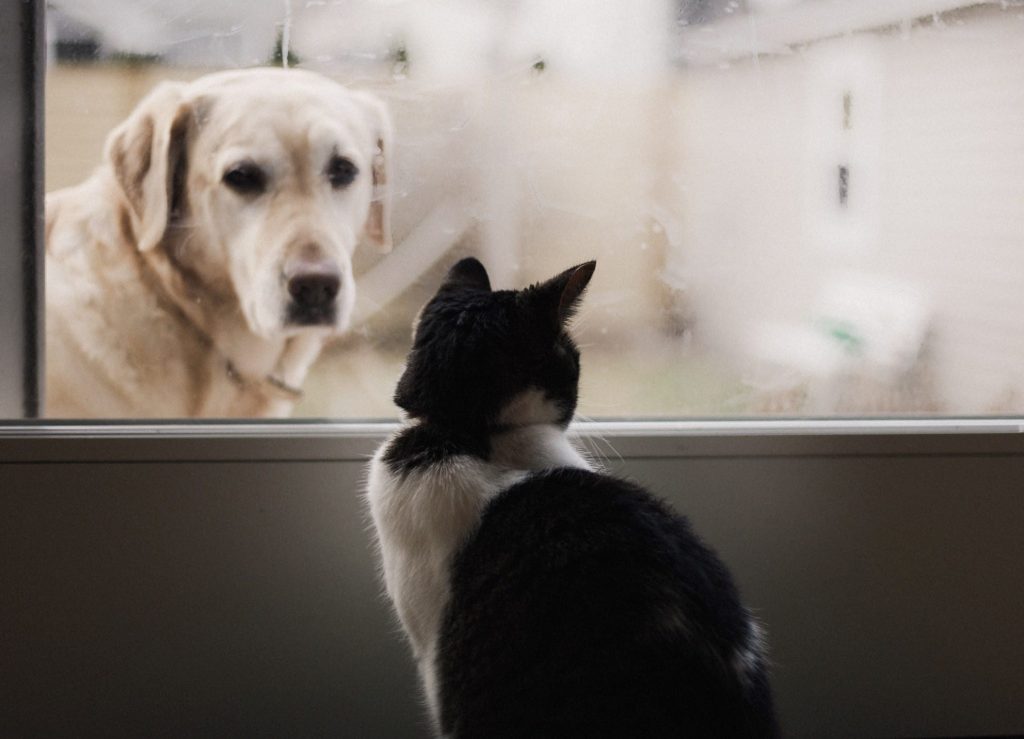
In the United States, confirmed a case of coronavirus infection in a tigress from a New York zoo. Previously, COVID-19 was found in a domestic cat from Belgium and a dog from Hong Kong.
The World Health Organization also confirmed that there are coronaviruses that can infect cats and dogs, but it is not yet known whether COVID-19 belongs to them.
Previous studies have also shown that cats can become infected with the related SARS coronavirus, an epidemic of which was in the early 2000s, but no symptoms are present in animals.
The US Centers for Disease Control and Prevention (CDC) says it has so far confirmed “a small number of domestic animals, including dogs and cats, outside the US that contract COVID-19 after close contact with people infected with the disease.”
While there are no confirmed cases of transmission of coronavirus from animals to humans, researchers from the University of Illinois, who tested a tigress from a New York zoo for COVID-19, stated that the virus in the predator was 99.6% identical to those found in humans.
The problem with the detection of the virus in animals also concerns their testing: in the case of a tiger from New York, the zoo management received permission to conduct a test, after which the animal was taken with a swab of the oral cavity, nose and rinsed with trachea to analyze the airways.
The US Department of Agriculture National Veterinary Service advised people not to test their animals for coronavirus on their own but said that “because of this situation”, authorities could soon begin testing some animals.
And although there are no confirmed cases of transmission of coronavirus from animals to humans and vice versa, veterinarians from the USA advise people with symptoms of the disease to limit close contact with animals, and in case of unusual symptoms in pets, contact a veterinary clinic.
Some experts also advise walking animals in places where there are no large crowds of people and other animals, after walking carefully wash their paws, keep their pets clean, handle their dishes and, of course, wash their hands after contact with them.
Picture Credit: Unsplash



